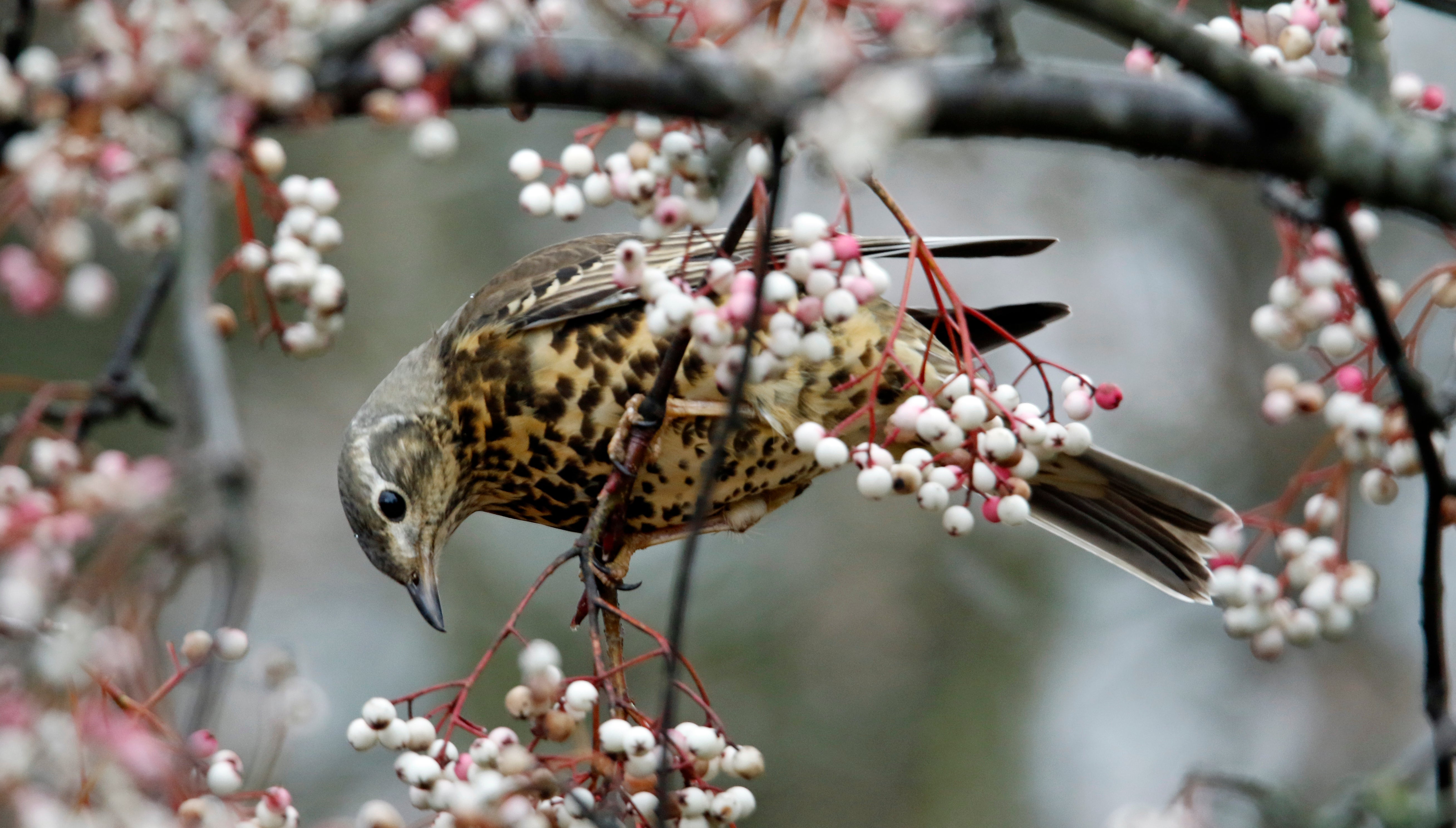Thought the Tories were bad? Wait until you hear what they’ve done to British wildlife
We cannot continue with our landscapes being bulldozed and poisoned into infertile wildlife-devoid oblivion by the short-sightedness of the big farmer unions, writes Donnachadh McCarthy


Is Boris Johnson also lying about protecting our disappearing UK wildlife? The UN secretary general, António Guterres, recently lambasted world leaders for their climate and ecological crises lies. But as the world’s top diplomat, he did not name and shame them.
As the UK host of the UN Climate Summit, Boris Johnson opened it by saying: “Humanity has long since run down the clock on climate change. It’s one minute to midnight on that Doomsday clock and we need to act now. "
So, is he one of the liars called out by the UN? His transport secretary wants more flights. His chancellor wants more North Sea oil. Johnson himself wants more coal. And in the government’s new food strategy, his environment secretary wants more high-carbon milk, cheese, sheep and farmed salmon exports.
Despite the government’s Climate Change Committee telling them that reducing animal product consumption is crucial for the government’s carbon reduction commitments, they refused to address it in the strategy. But it was a claim by the Wildlife Trusts, a federation of independent wildlife conservation charities, that really grabbed me.
They said: “The UK government has abandoned its promise to provide a third of its farming budget for Landscape Recovery – the most ambitious and large-scale approach to restoring land and rivers in the new system. This scheme, which would have included projects to restore upland peat, clean up whole river catchments, and reintroduce lost species, will now receive less than 1 per cent of the initial budget.”
This was only months after the Department for Environment, Food and Rural Affairs (Defra) published its proposals to replace the EU’s common agricultural policy (CAP) payments, based on hectares farmed, with a UK system that would reward farmers for protecting nature. In black and white they stated: “By 2028, we currently expect spending to be evenly split across farm-level, locally tailored, and landscape-scale investment”.
The government made a similar pledge in its net zero strategy: “By 2028, Defra’s plans are for total spend to be evenly split between farm-level, locally tailored, and landscape-scale investment within Environmental Land Management.”
So, I asked Defra: “The food strategy commits only £50m over three years for Landscape Recovery Projects. Have you abandoned the commitment to devote a third of the ELM budget to Landscape Recovery Projects by 2028?”
They replied: “Our plans have not changed. We never intended the future budget to be divided into rigid EU style pillars. We want funding to be led by demand from farmers”. But their plans have changed. They did plan three distinct pillars and they did plan a third of the funding for each pillar. Abandoning this for a totally “farmer led” funding allocation is a complete abrogation by the government of its laudable promise to invest in hugely important landscape level restorations.
If we are to save what is left of the UK’s devastatingly depleted wildlife, then landscape level projects are crucial. Protecting tiny scraps of the remaining, biodiversity-rich nature reserves will not protect species from extinction. Rather, these need to be seen as the protected repositories from which landscape level interventions can create large enough populations to protect threatened UK species from extinction.
With only £17m per year allocated to such projects over the next three years, what would that pay for? Rob Stoneman, director of landscape recovery for the trusts, told us: “£1m would pay for staffing and development for a single project, but you would have to be working with very willing landowners to envisage any progress.
“For £15m, landscape recovery is more feasible as it would allow you to buy a central core of land to work out from and money to support other landowners to transition from uneconomic (but subsidised) farming to businesses based on a nature rich landscape.”
To keep up to speed with all the latest opinions and comment, sign up to our free weekly Voices Dispatches newsletter by clicking here
So £17m would deliver one decent project and development funding for two others. In other words, a drop in the ocean of the funding promised for the thousands of landscape level projects needed, to not only halt wildlife destruction, but to pay for regeneration.
Along with Ireland and Malta, the UK has the most depleted wildlife wealth in Europe and is in the bottom 10 per cent globally. Ireland’s wildlife was largely destroyed during its British occupation.
Johnson’s Partygate lies are thus symbolic of his government’s lies over the climate and ecological crises engulfing us. Write to your MP demanding the fulfilment of the government’s promise to fund these crucial landscape rewilding projects or join your local wildlife trust.
We cannot continue with our landscapes being bulldozed and poisoned into infertile wildlife-devoid oblivion by the short-sightedness of the big farmer unions. It is time to end the lies. It is time for governments to act with truth and urgency. Future generations deserve nothing less.
Join our commenting forum
Join thought-provoking conversations, follow other Independent readers and see their replies
Comments
Bookmark popover
Removed from bookmarks